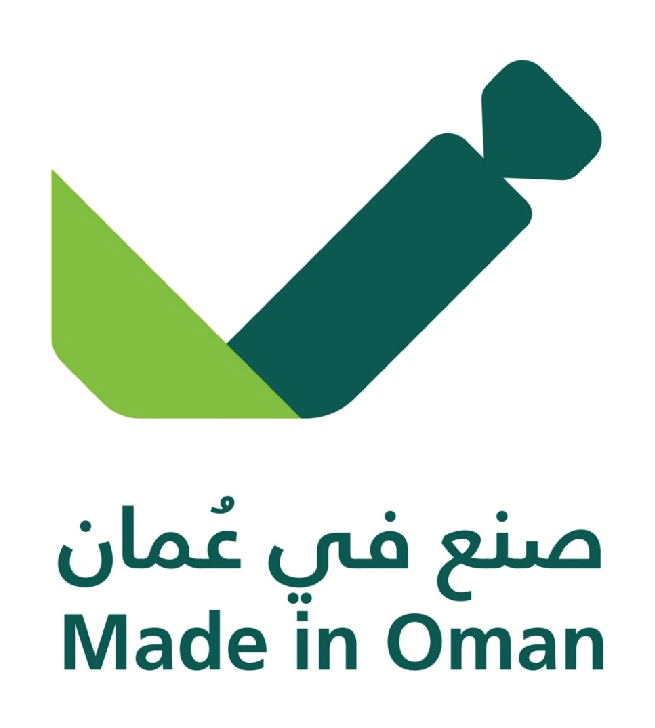
Embracing Sustainability: The Rise of Eco-Friendly FIBC's (Flexible Intermediate Bulk Containers)
In the quest for a more sustainable future, industries worldwide are reassessing their environmental impact and exploring innovative solutions to reduce their carbon footprint. One area that’s making significant strides is the use of Flexible Intermediate Bulk Containers (FIBCs). These bulk bags, often used for transporting powders, granules, and other materials, are evolving to become more eco-friendly. This blog post delves into the growing trend of sustainable FIBCs and how they are contributing to a greener planet.
What Are FIBC's?
Flexible Intermediate Bulk Containers, commonly known as FIBC's or bulk bags, are large, durable bags made from woven fabric. They are designed to store and transport bulk materials efficiently. Due to their versatility and strength, FIBCs are widely used across various industries, including agriculture, construction, and manufacturing.
The Need for Sustainable FIBC's
As environmental awareness grows, so does the pressure on industries to adopt more sustainable practices. Traditional FIBCs are often made from non-biodegradable materials like polypropylene, which, while durable, contribute to plastic pollution. The challenge lies in finding solutions that maintain the functionality and strength of FIBCs while minimizing their environmental impact.
Innovations in Sustainable FIBC's
- Recycled Materials: One of the most significant advancements in sustainable FIBC's production is the use of recycled materials. Manufacturers are now creating FIBCs from recycled polypropylene, which helps reduce the demand for virgin plastic and lowers the overall carbon footprint.
- Biodegradable Options: Emerging technologies are making it possible to produce biodegradable FIBC's. These bags are designed to break down more quickly in the environment, reducing the long-term waste problem associated with traditional plastic bags.
- Reduced Material Usage: Some companies are focusing on optimizing the design of FIBC's to use less material without compromising strength. By reducing the amount of fabric needed, these bags contribute to less waste and lower energy consumption during production.
- Reusability: An increasing number of FIBC's are being designed for multiple uses. By extending the life cycle of these bags, industries can reduce the frequency of replacements and minimize waste.
- Eco-Friendly Printing: The printing and labeling on FIBC's can also be environmentally friendly. Using water-based inks and minimizing the use of chemical dyes helps reduce the environmental impact associated with FIBC production.
Benefits of Sustainable FIBC's
- Reduced Environmental Impact: By incorporating recycled or biodegradable materials, sustainable FIBC's help decrease plastic waste and the overall environmental footprint.
- Cost Efficiency: Innovations such as reduced material usage and reusable designs can lower production and disposal costs over time.
- Enhanced Brand Image: Companies that invest in sustainable practices often enjoy improved public perception and customer loyalty, as consumers increasingly value environmental responsibility.
Challenges and Considerations
While the benefits are clear, there are also challenges to consider:
- Cost: Sustainable materials and technologies can sometimes be more expensive, which might affect pricing.
- Performance: Ensuring that sustainable FIBC's maintain the required strength and durability is crucial for their widespread adoption.
- Market Adoption: Convincing industries to switch to sustainable options can be a slow process, especially when traditional methods are deeply entrenched.
Looking Ahead
The future of FIBC's is moving toward greater sustainability, driven by both innovation and consumer demand. As technology advances and more companies commit to eco-friendly practices, we can expect to see even more sustainable solutions emerge in the FIBC's market. In conclusion, the shift toward sustainable FIBC's represents a promising step forward in reducing environmental impact while still meeting the demands of various industries. By embracing these innovations, we contribute to a more sustainable future and pave the way for other industries to follow suit.


